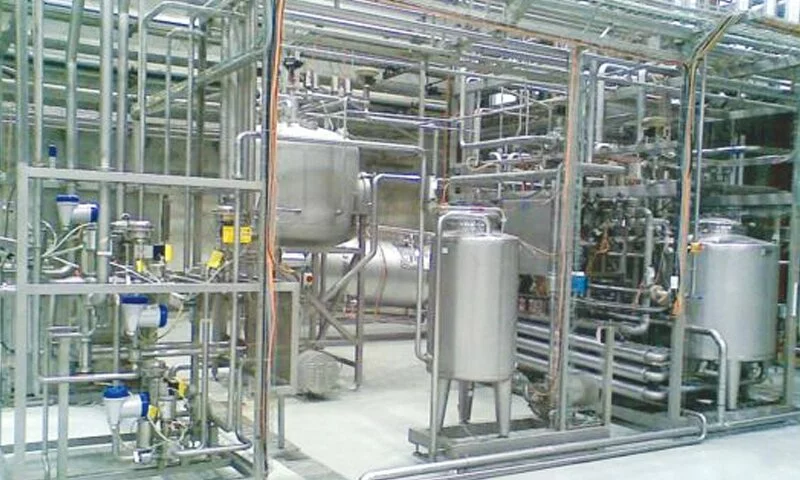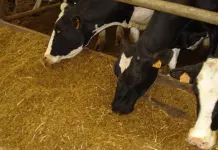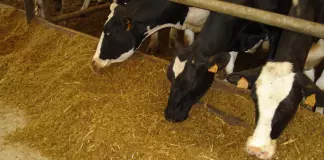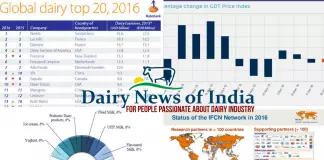Source: in.rbth.com
Indian cheese will not appear on shelves of Russian stores any time soon. Cheese from India was supposed to partially offset the ban on cheese imports from Europe but, following disagreements between the two sides, Indian cheese will not be available, indefinitely.
Once Russia introduced retaliatory sanctions on European countries in 2014, Russian authorities almost immediately proposed to Indian dairy companies to begin deliveries of their products. After Rosselkhoznadzor experts conducted a painstaking study of the local practices of milk collection and processing, only two companies were given the green light to sell in Russia: Parag Milk Foods and Schreiber Dynamix Dairies.
Rosselkhoznadzor’s main concern is the quality of the milk, and the way it is collected. The issue lies in the fact that Russian authorities have stipulated a tough main condition: the local producer must have at least 1,000 head of dairy cattle. However, in the Indian case, this means most companies do not qualify. Even the Indian dairy mammoth, Amul, did not make the grade. So New Delhi is in no hurry to sign the final protocol that would allow exports of Indian dairy products to Russia.
“We informed the government that the Russian standards are impractical, because India does not have many dairy companies with more than 1,000 head of own cattle. Therefore, the signing of this protocol will have no effect,” Rupinder Sodhi, Chairman of the Gujarat Federation of Dairy Cooperatives told reporters.
In fact, competitors were left unhappy with the fact that only two companies received permission, and began to lobby for their interests. As a result, the approval process was delayed.
“We are now talking with the Russian side to change the requirement for the number of heads of dairy cattle, which the Russian side is demanding. No compromise has been reached yet, but our Embassy in Moscow is conducting intensive negotiations. We are also prepared to send a team of our technical experts, who could explain all the contentious issues,” Santosh Sarangi, senior official of the Indian Ministry of Industry and Trade, told Rossiyskaya Gazeta.
Dairies in India operate on the principle of cooperatives, and the cattle are owned by several members of this cooperative. Only a few companies have a large number of individual livestock.
Russia believes that the quality of Indian products is quite high, but also that the proposed restrictions are quite fair.
“Indian cheese will partially reduce the shortage of hard cheeses on store shelves, which occurred after the introduction of retaliatory sanctions on European countries. Given the fact that Indian cheeses are based on natural milk, they can be quite competitive with their European counterparts,” said Yaroslav Tarasyuk, Russia’s trade representative in India. “As far as discontent of the Indian authorities with Russian standards, our requirements are due to the need to ensure the safety level of products sold in Russia, as is stipulated by our legislation.”
While remaining on the outside, competitors are trying to put pressure on the government to change the terms of the protocol, and the companies approved by Rosselkhoznadzor are getting ready to start exporting their products to Russia. It is difficult to say when the first batch of cheese may appear on Russian store shelves, but Indian cheese-makers are all set to start shipping as soon as they get permission from the Government of India.
“We are now exporting our products to the Philippines, Singapore and countries in the Middle East,” Rossiyskaya Gazeta was told by the press service of the Parag Milk Company. “We are planning to ship 3600-6000 metric tons of cheese annually to Russia”.
Indian cheese-makers are ready to offer Russians the cheese brands Gouda, Emmental and Cheddar, and are already holding talks with Russian distributors.
Comments
comments

































